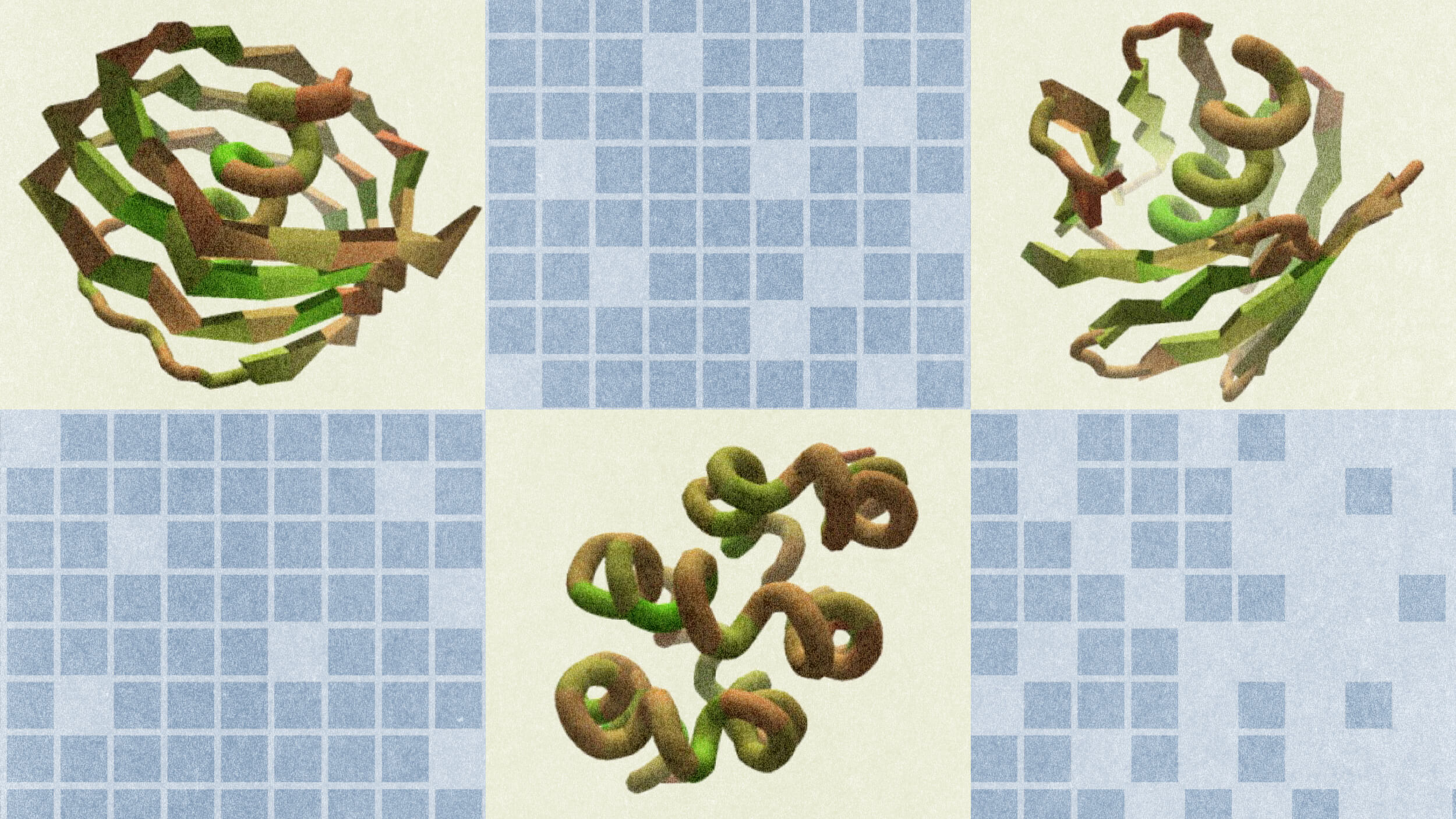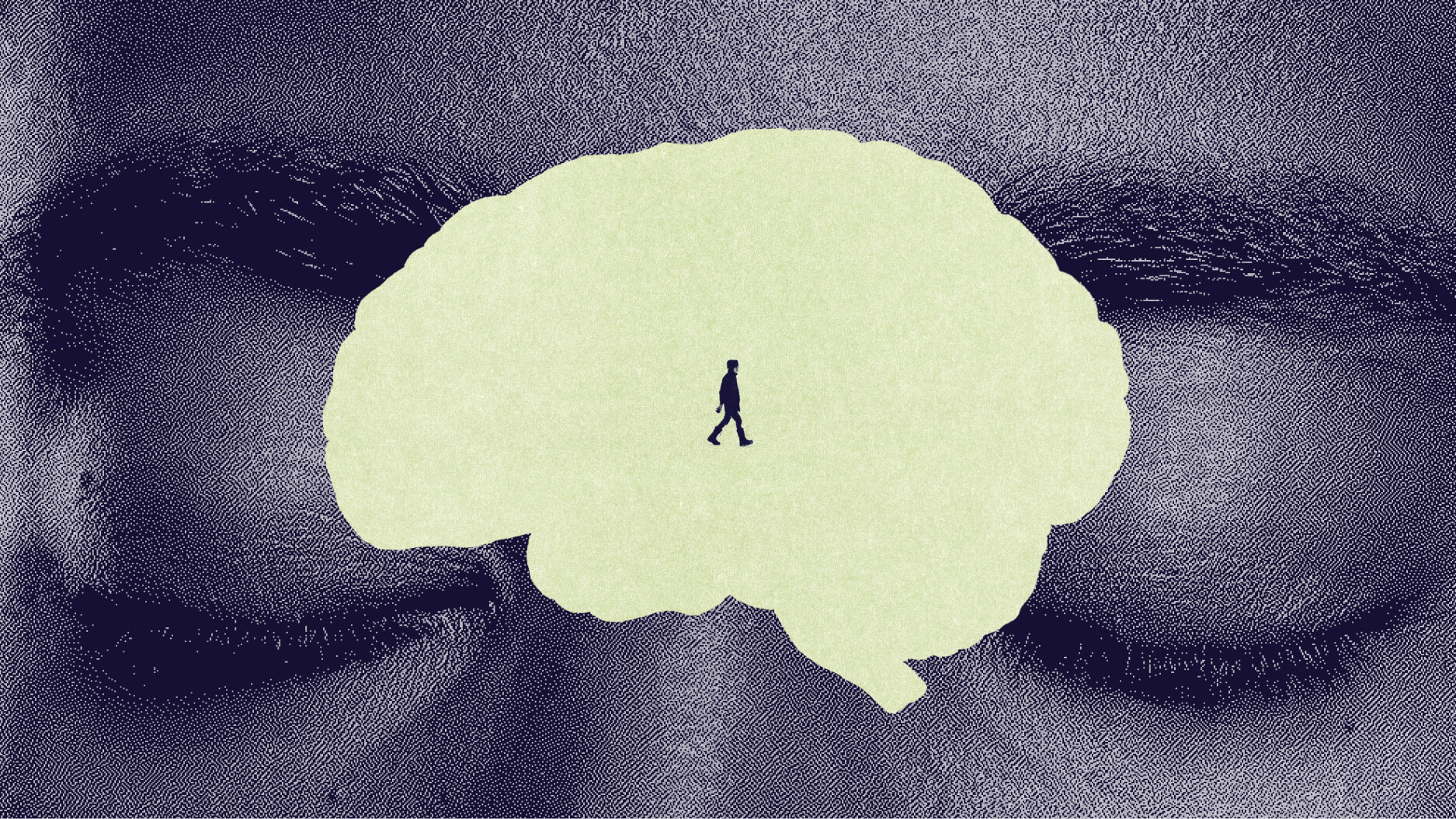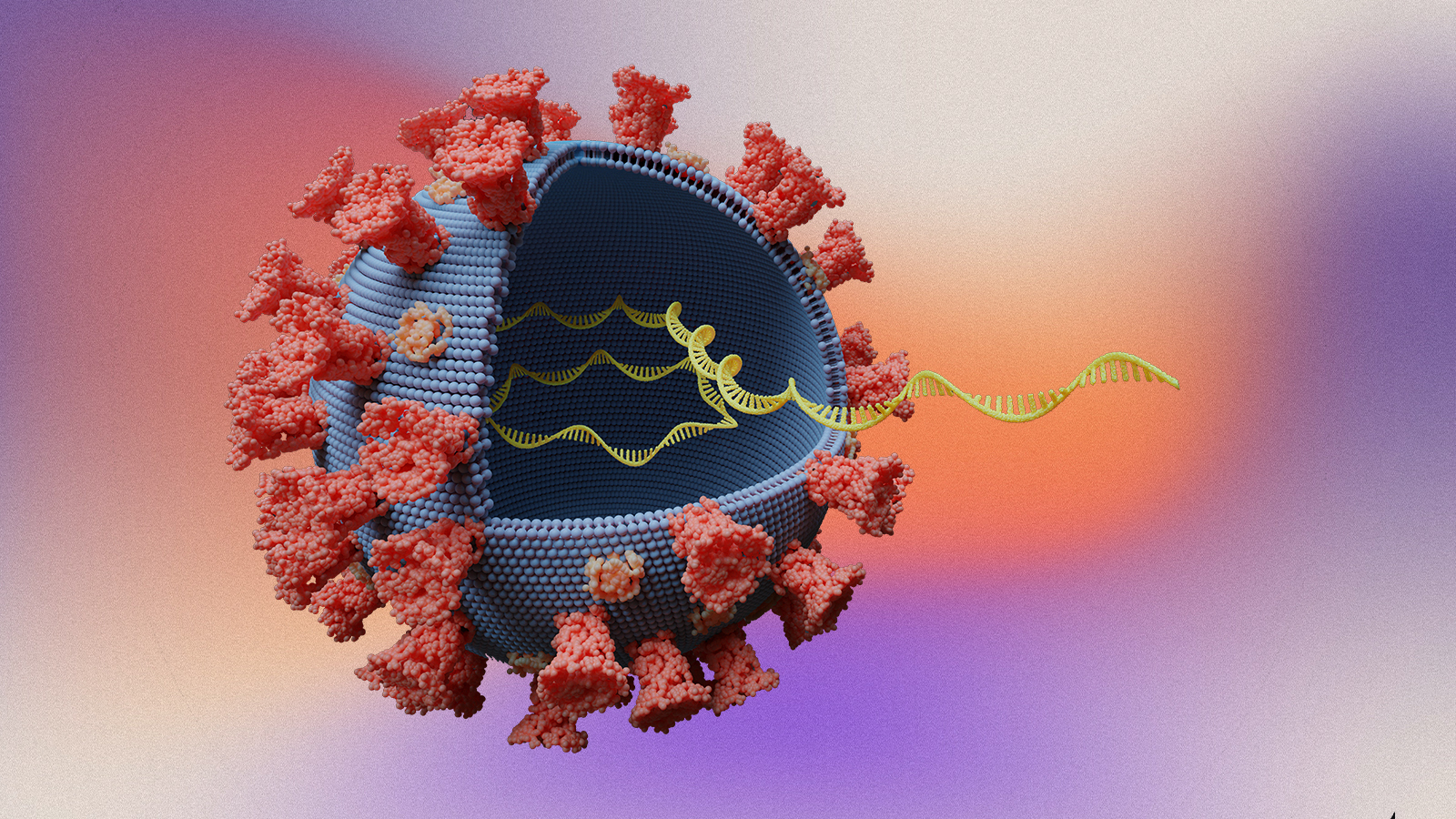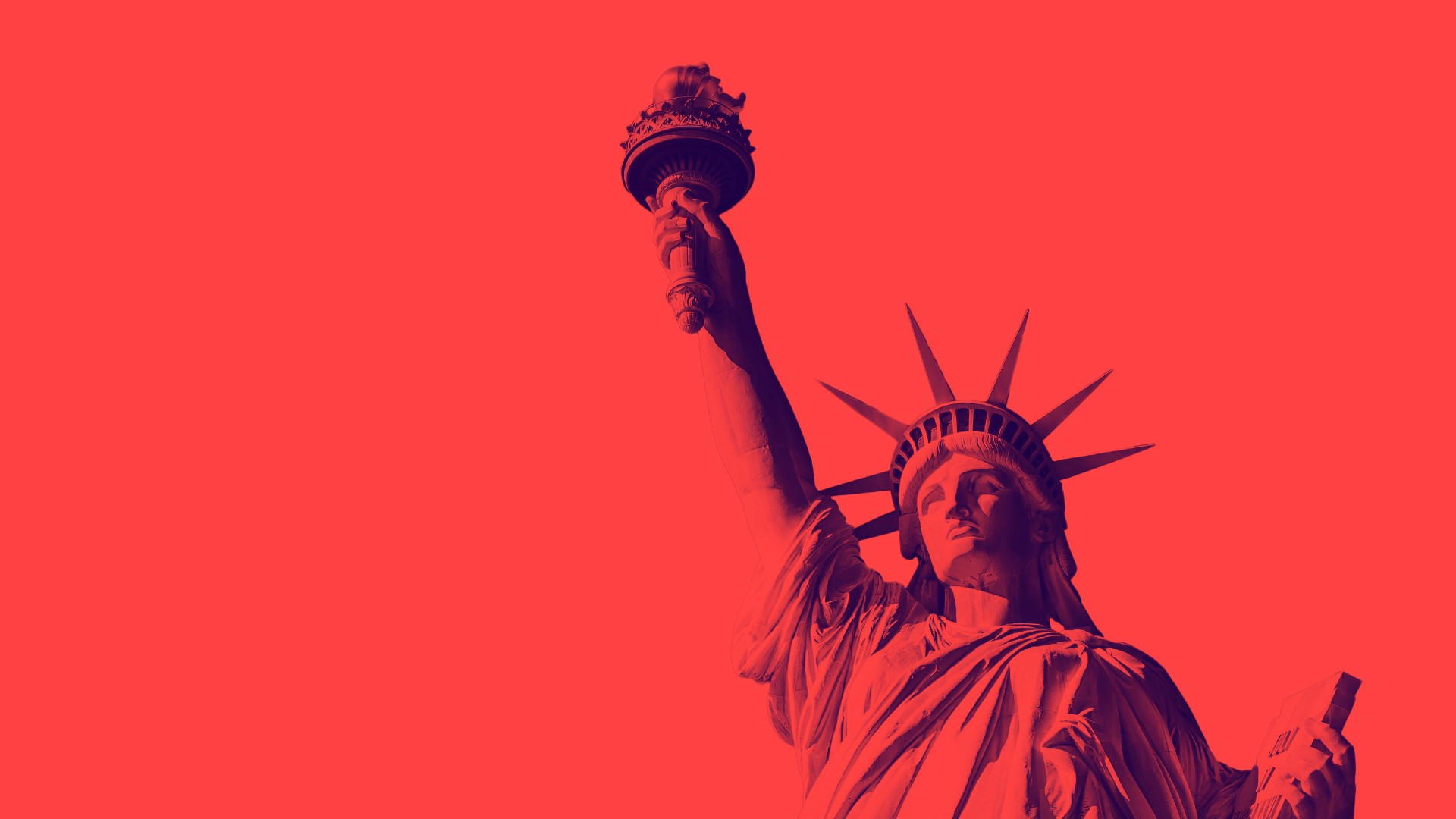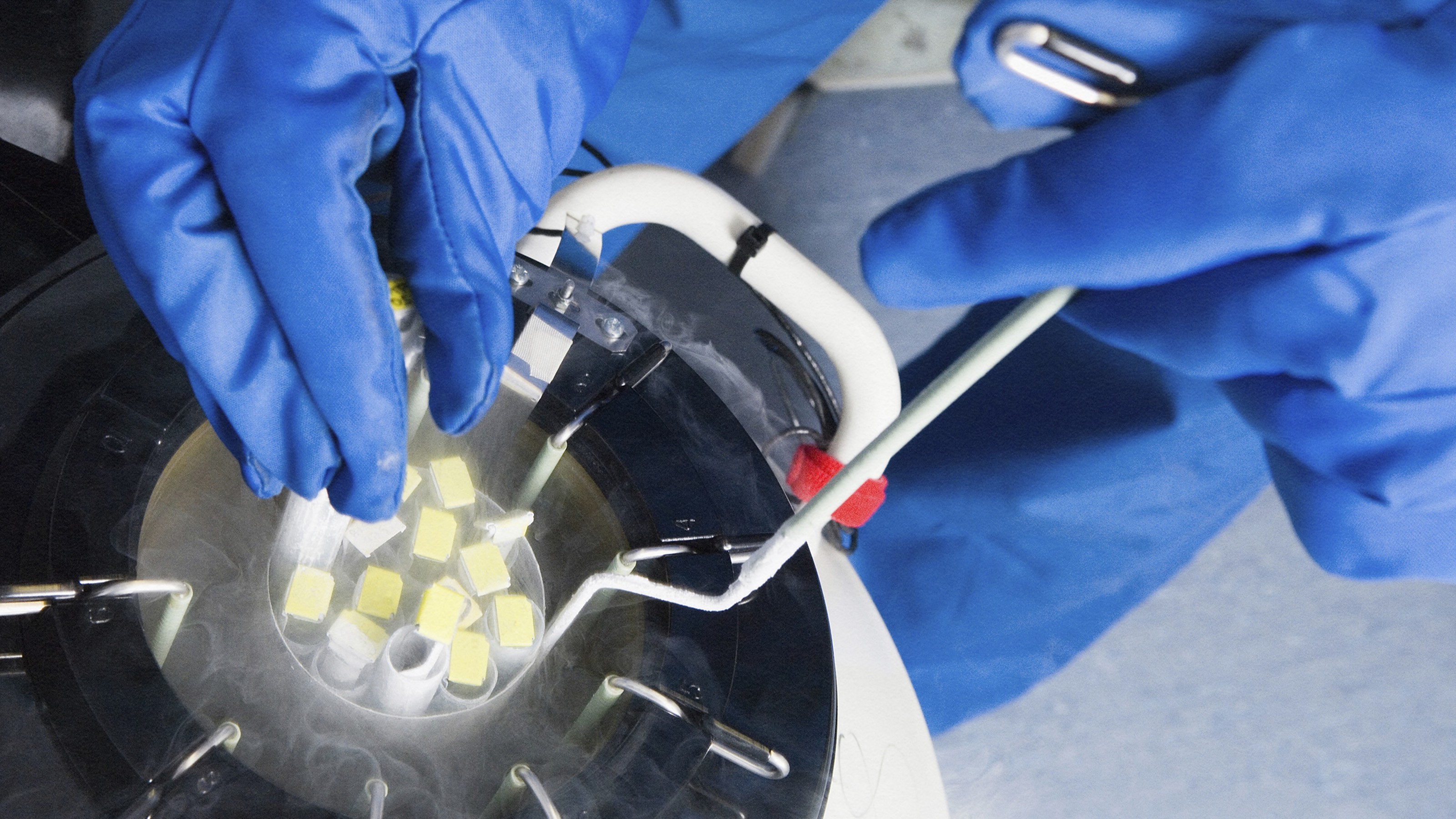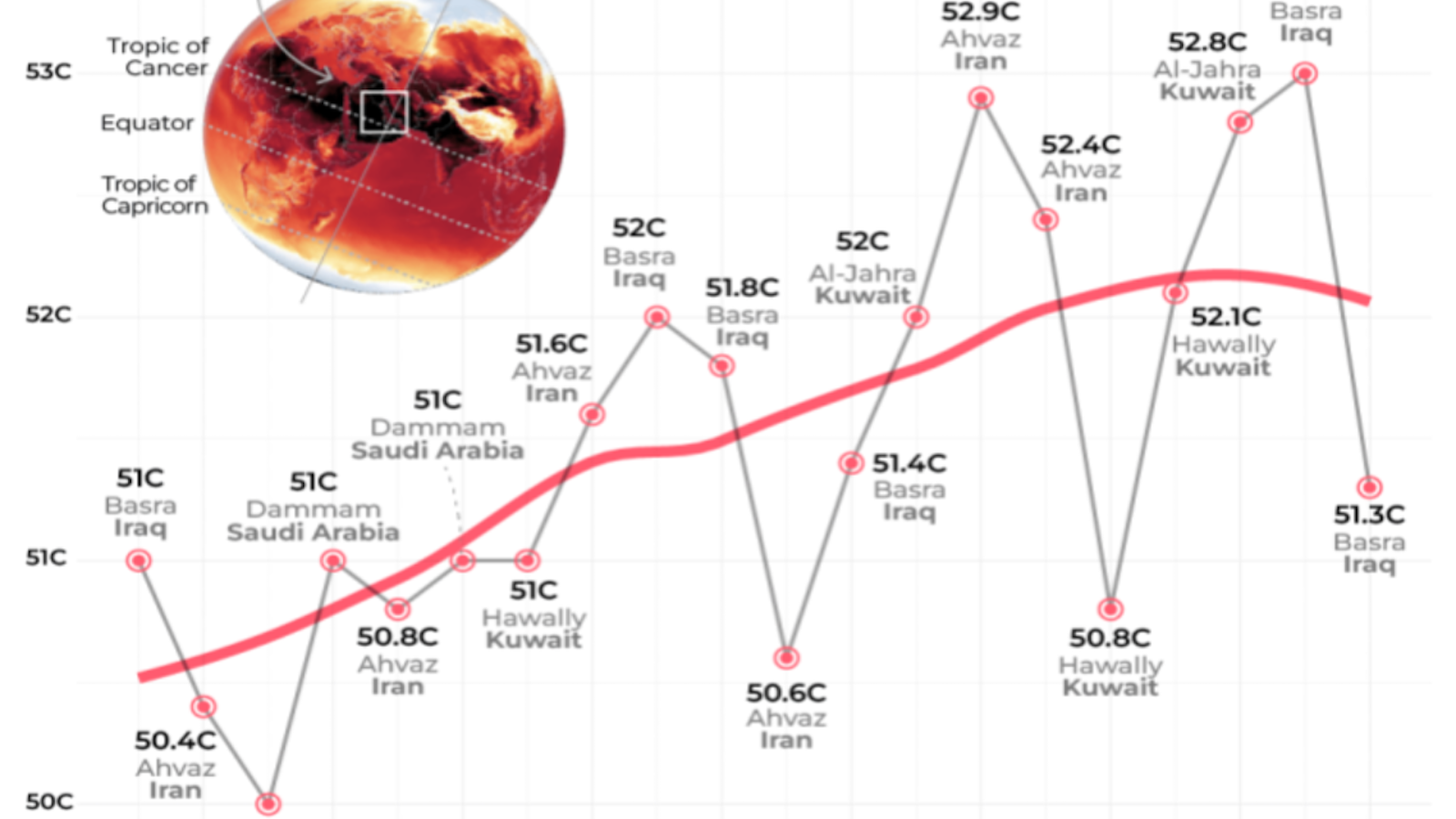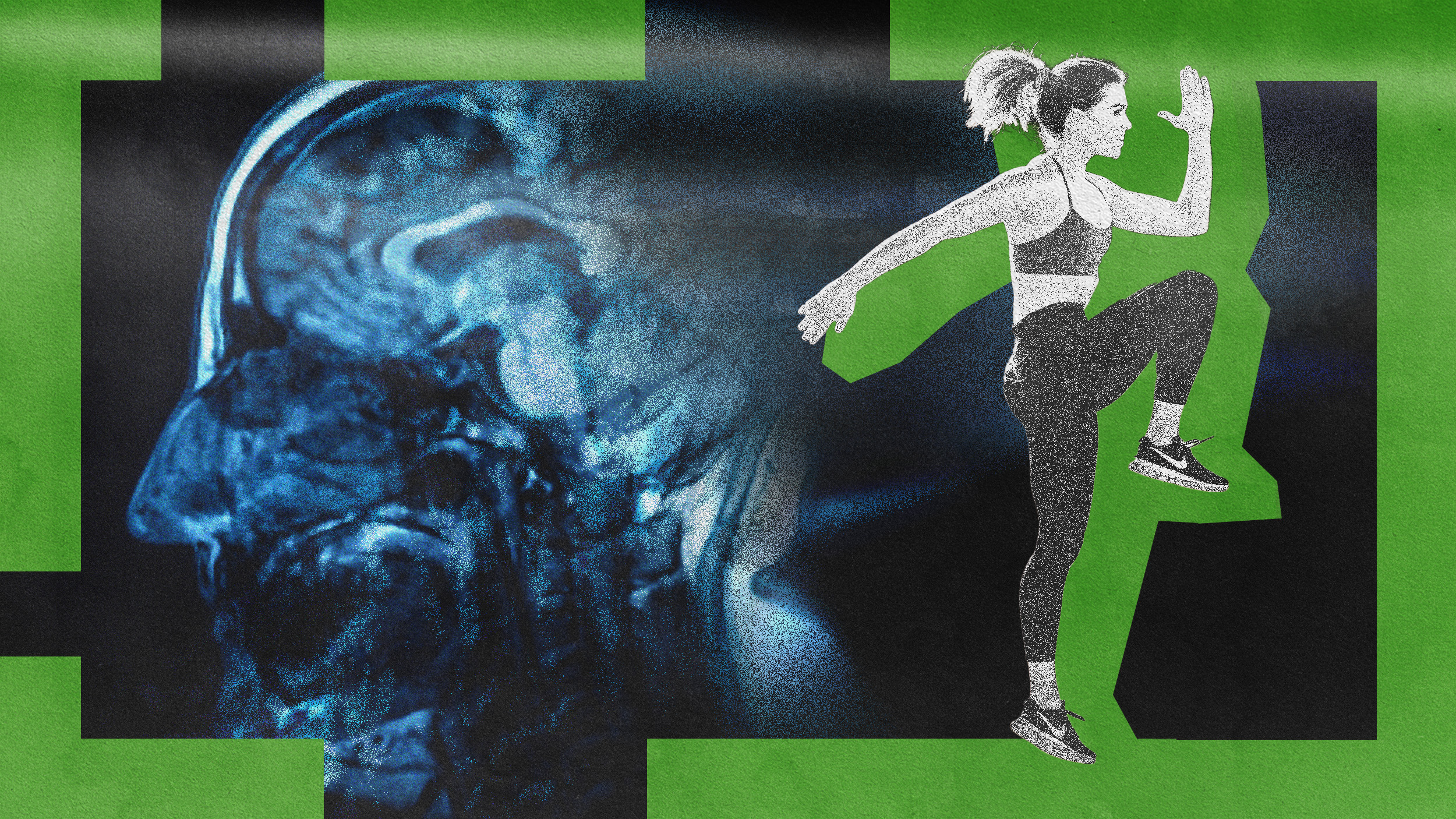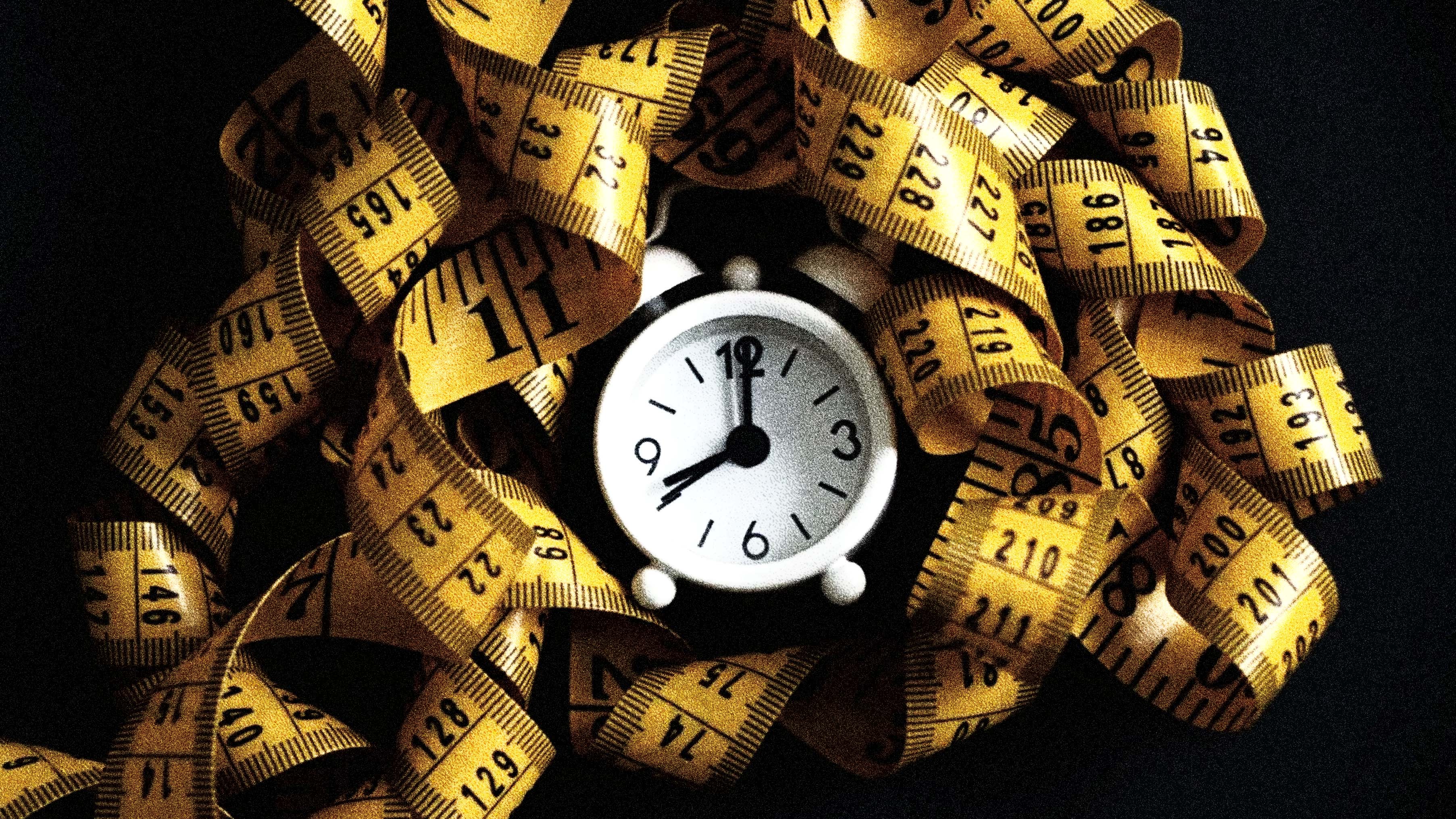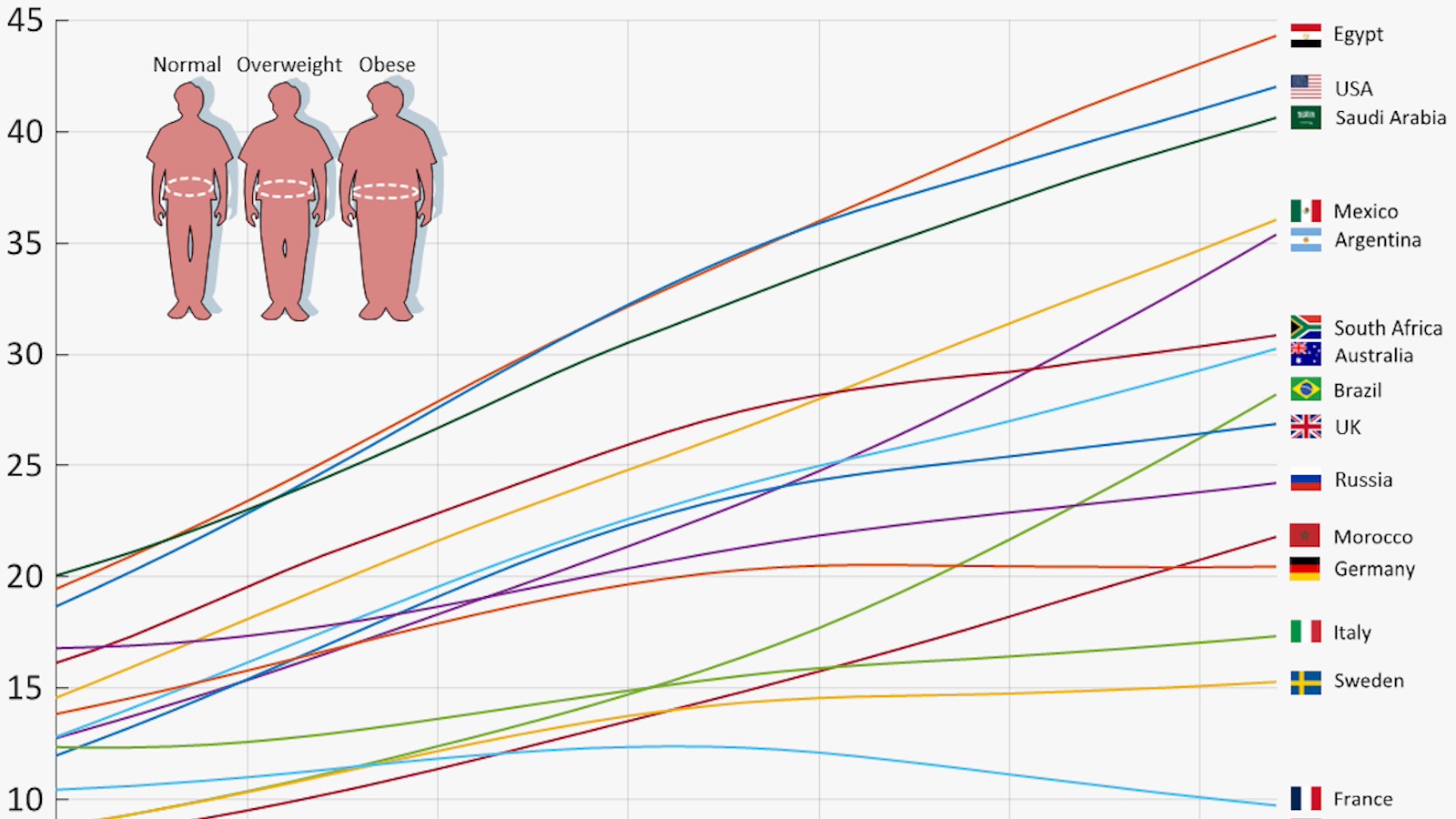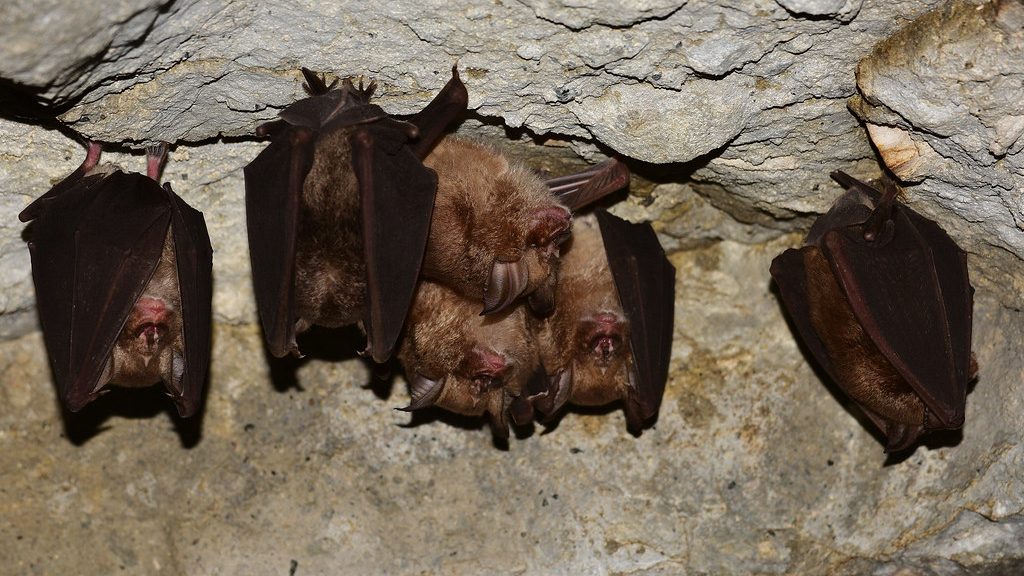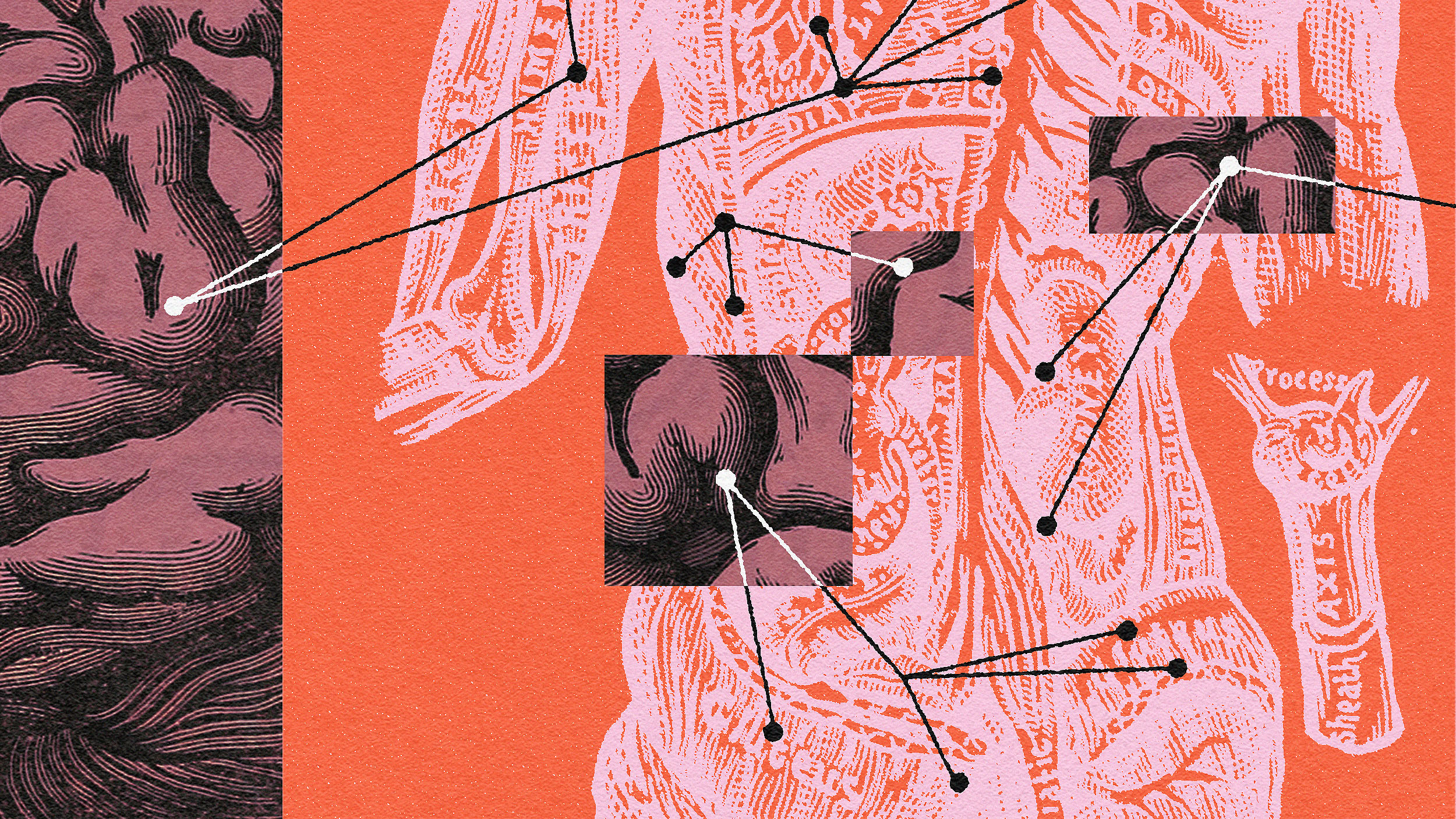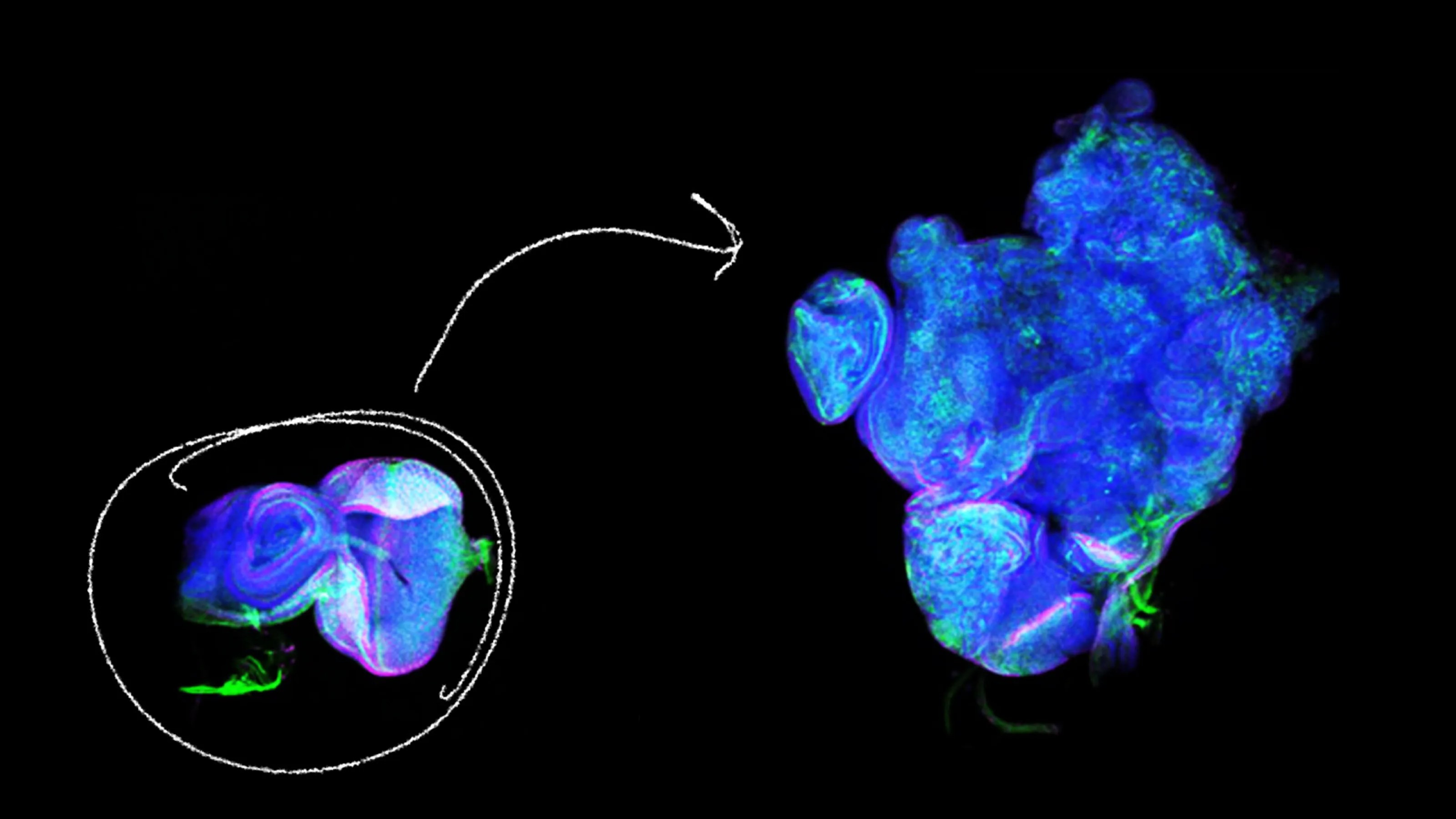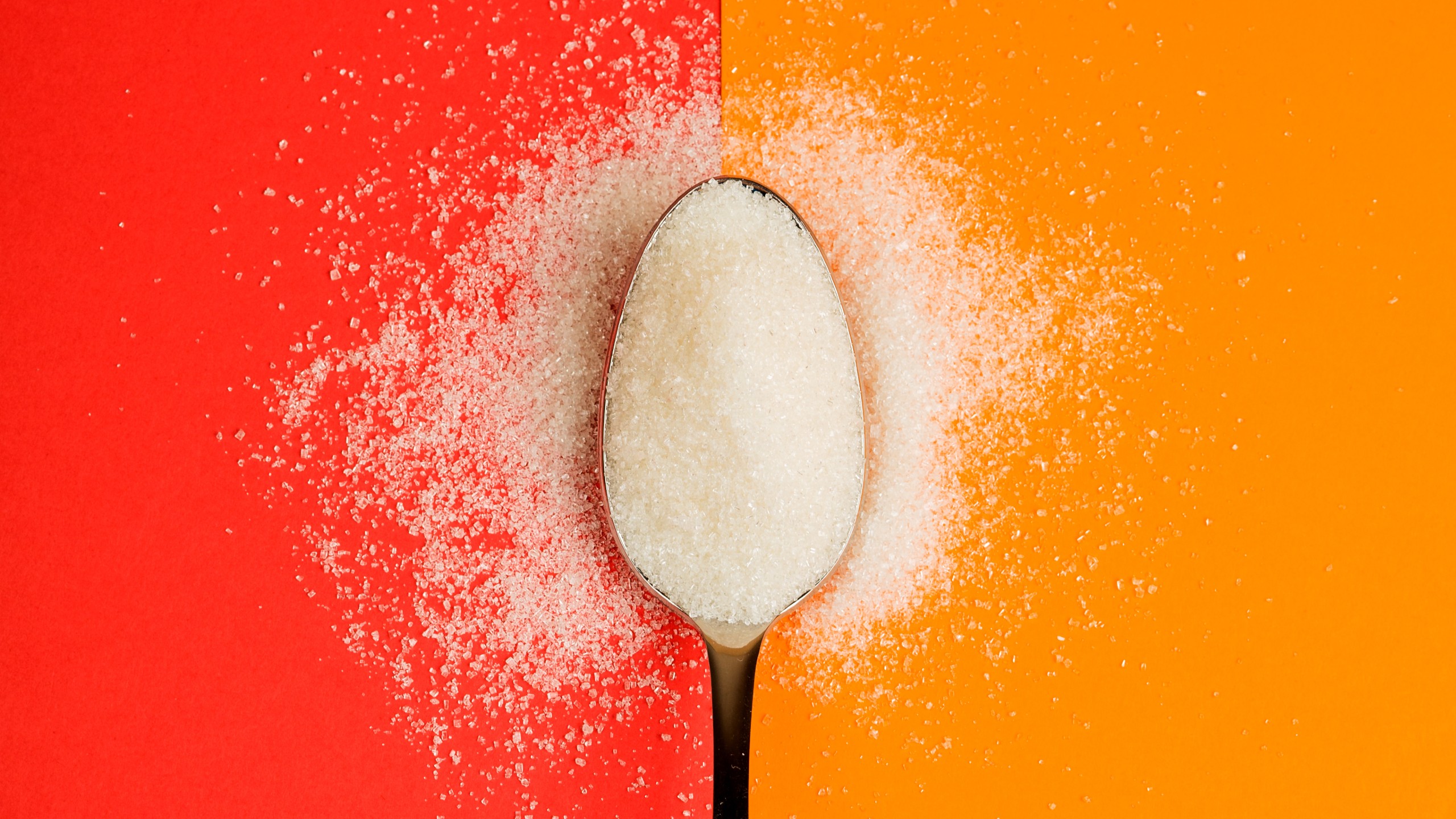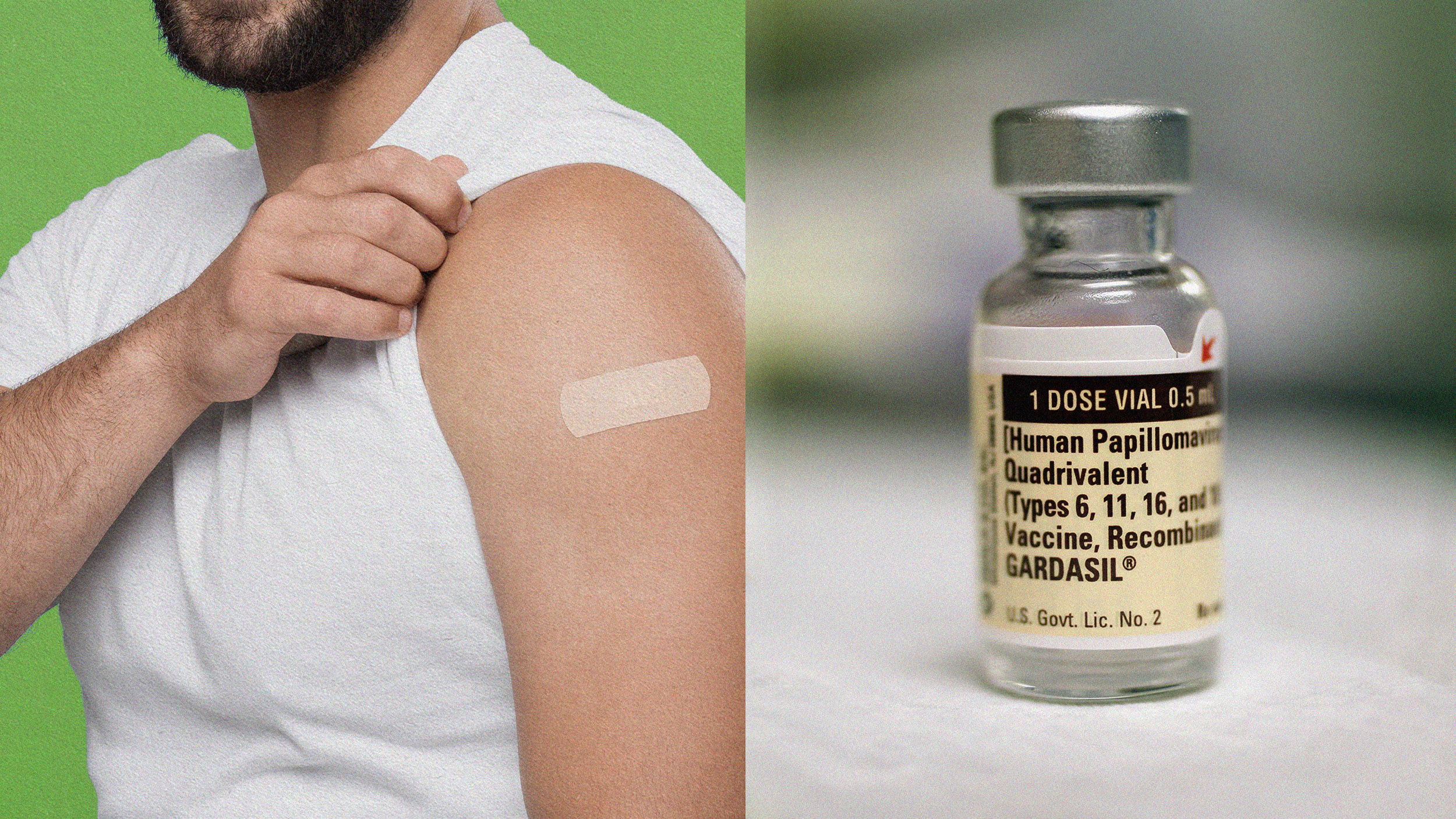Public Health & Epidemiology
By inviting players to tackle real scientific problems, games can offer a hand in solving medicine’s toughest challenges.
Locked inside their minds, thousands await a cure. Neuroscientist Daniel Toker is racing to find it.
A new bill introduced into the US Senate claims to make us safer. Instead, it would destroy all virology research, and for no real cause.
“Can we push these cells to do something other than what they normally do?” asks developmental biologist Michael Levin. “Can they build something completely different?”
We’re all entitled to our own opinions, no matter how ill-informed they are. But facts are facts; we can’t just choose the ones we prefer.
With a flurry of threats to scientists, science funding, and health policy, the USA now faces a crisis reminiscent of Soviet-era Lysenkoism.
Today’s pseudoscience-ridden wellness industry owes a great debt to its forefathers.
The Roman Empire at one point emitted roughly 3,600 tons of lead dust per year, causing “widespread cognitive decline.”
Caitlin Rivers wants to tell the story of epidemiology and the public health heroes who keep the world safe and healthy.
A CDC survey suggests America’s obesity rate may be falling.
The promising new treatment builds on research that went into developing COVID vaccines.
In 2021, residents of the top America could expect to live 20.4 years longer than residents of the bottom America.
The integration of artificial intelligence into public health could have revolutionary implications for the global south—if only it can get online.
They’re in our brains, hearts, and blood — but what are they doing to us?
Of the millions of substances people encounter daily, health researchers have focused on only a few hundred. Those in the emerging field of exposomics want to change that.
In partisan political times, recognizing the scientific truth is more important than ever. Scientists must be vocal and clear about reality.
“The field is endless, but my life is limited, as are all of ours. But you do what you can with your time,” says CSO Mart Saarma.
Differences in certain avian and mammalian proteins explain why avian influenza doesn’t (typically) infect humans.
How technology could change everything we thought we knew about reproduction.
You could call this rectangle covering parts of Iran, Iraq, and the Arabian Peninsula the “Oven Window.”
Could exercise be more effective than recently approved drugs?
“Fasting…should not be demonized for simply suggesting that we take a break from eating once in a while.”
Waistlines are expanding in most countries, except for a skinny list of nations bucking the trend.
SARS-CoV-2 first emerged in humans in 2019. Despite much noise generated by lab leak proponents, the evidence indicates a natural origin.
The hangover “cures” on the market don’t work. A new hydrogel does.
“If we could target those circuits very precisely, then there’s great potential to block the inflammation response for many diseases.”
A new family of drugs is changing the way scientists are thinking about obesity.
Cancers can’t develop without genetic mutations — or can they?
Poor research can be worse than no research at all.
More than 90% of sexually active men will be infected with human papillomavirus in their lifetime. The virus may reduce fertility.
